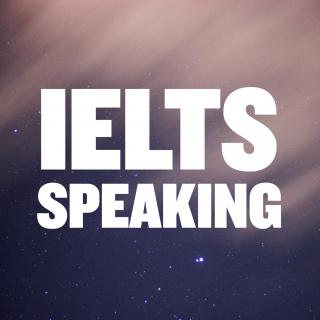
介绍:
Different ways of organising information:
a) The storm blew Margaret’s roof off.
b) Margaret&`&s roof was blown off in the storm.
c) Margaret had her roof blown off in the storm.
Information structure:Normal order
From “known” to “new” – from low to high information value
Examples:
▲ I would like to talk about my best friend Jo.
1. He’s just got married to a very nice girl.
2. A very nice girl just got married to him.
▲ A:I can’t find my clothes.
1. B: Well, your jacket is under my coat
2. B: Well, my coat’s on your jacket.
▲ 为了避免用全新信息开始一句话,我们可以使用there be句型: there – preparatory subject, 把真正的主语放在be后面
▲ There’s a cat on the roof.
( more natural than: A cat’s on the roof.)
▲ There’s ice on the lake.
(more natural than: Ice is on the lake.
▲ 格外注意there be句型的准确性!
There is a hole. vs. There has a hold.
▲ There + all tenses of be
• Once upon a time, there were three little pigs.
• There has never been anyone like you.
• There have been more Americans killed in road accidents than in all the wars since 1900.
• There’ll be enough room for everybody.
▲ There + modal verb
• There might be drinks if you wait for a bit.
• There must be somebody at home. Let’s ring again.
• If the police hadn’t closed the road, there could have been a bad accident.
▲ There + seem/appear/happen/tend to be
• There seem to be some problems. (or seems?)
• Hey, be quiet! There happens to be a lecture going on.
• There tends to be jealousy when a new little brother or sister comes along.
▲ There + other verbs (formal) – states or arrivals
• There remains nothing more to be done.
• There once lived a poor shoemaker.
• Suddenly there entered a strange man dressed all in black.
大家还在听

